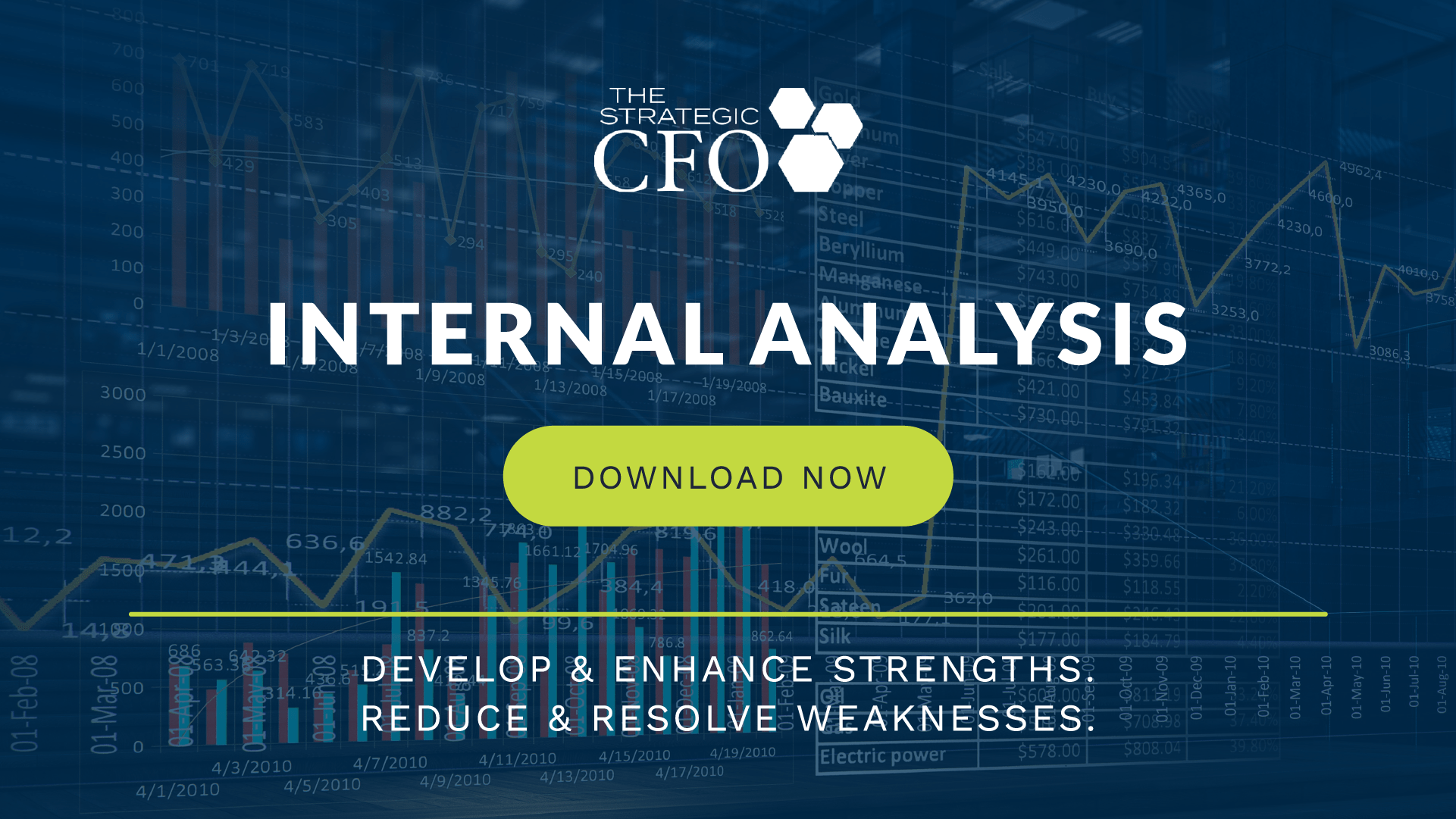See Also:
Accounting Fraud Prevention using QuickBooks
Audit Scope
Bankruptcy Chapter 11
How to Hire New Employees
Fraud Triangle Definition
Donald Cressey created the concept of the fraud triangle. The creation of the theory required Cressey to interview about 200 convicted embezzlers around the Midwest which he dubbed “trust violators.” The people that had entered the work place with no intention of stealing peaked his interest. After the interviews Cressey formed the following hypothesis:
Trusted Persons become trust violators when they conceive of themselves as having a financial problem which is non-shareable, are aware this problem can be secretly resolved by violation of the position of financial trust, and are able to apply to their own conduct in that situation verbalizations which enable them to adjust their conceptions of themselves as trusted persons with their conceptions of themselves as trusted persons with their conceptions of themselves as users entrusted funds or property.
Cressey created the fraud triangle and the three fraud triangle components. These consist of all of the following:
- Pressure
- Rationalization
- Opportunity
The fraud triangle can best explain most all abuse unless the particular person entered the company with the intent of stealing in the first place.
Fraud Triangle Pressure
Pressure is the first leg of the fraud triangle. Define the pressure Cressey describes in his hypothesis as a non-shareable financial problem. These financial problems are usually personal to that person. But, they are too ashamed by the problem that they are unwilling to share with others. This is particularly disturbing when it is later understood that if the violator had talked about it others would have been willing to help.
(Have you ever wondered does fraud follow economic cycles?)
Fraud Triangle Opportunity
The second leg of the fraud triangle is an opportunity that exists within a company for fraud to take place. Opportunities usually occur from a lack of internal controls within a company. For example, the violator here feels that he/she can take advantage of the situation without getting caught. Of course, there has to be a certain level of technical skill to be able to define an opportunity which is why several violators find opportunities within their own job function.
(Discover the 7 warning signs of fraud!)
Fraud Triangle Rationalization
The third and final component of the fraud triangle is that of rationalization. Cressey found that many of the violators never felt that they were actually a criminal. This is because they had rationalized to themselves that the misdeed was ok. In fact, many of the violators Cressey interviewed felt that they were justified. Instead, the act was part of a general irresponsibility for which they were not completely accountable.
If you are dealing with fraud, then check out our free Internal Analysis whitepaper to help you solve the issues and prevent it from happening again.













